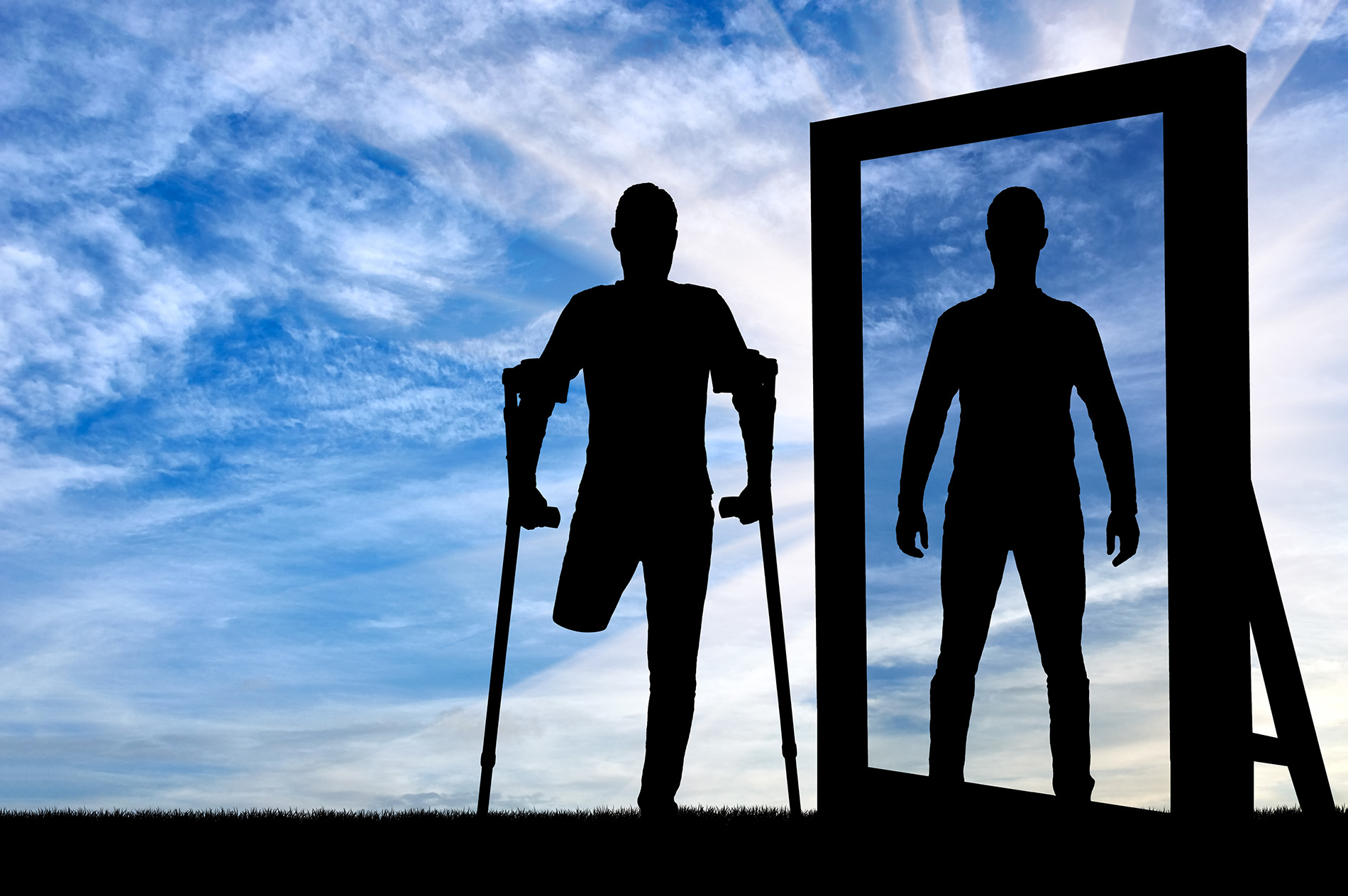An innovative project for amputees: the arrival of osseointegration in Quebec

Thanks to the expertise of the McGill University Health Centre, the CIUSSS du Centre-Sud-de-l’Île-de-Montréal and funding from the Government of Quebec, a first patient has benefited from osseointegration, a surgical procedure performed at the MUHC, which greatly improves the functionality and quality of life of amputees.
Montreal, November 8, 2019 - The McGill University Health Center (MUHC) is proud to offer osseointegration to some lower limb amputee patients, a medical advance that greatly improves their quality of life. For a period of three years, approximately one hundred and fifty patients will benefit from this procedure thanks to a new innovative project from the Ministère de la Santé et des Services sociaux (MSSS), which will provide $1.5 million in funding per year.
After the selection of the patient by the teams of the MUHC and the Institut de réadaptation Gingras-Lindsay-de-Montréal (IRGLM) of the CIUSSS du Centre-Sud-de-l’Île-de-Montréal (CCSMTL), this surgical procedure, inspired by dental implantation techniques, consists of inserting a metal rod in the bone of the stump in order to be able to attach an external prosthesis.
“It's a source of great pride. The MUHC is the only centre in North America that performs these surgeries as part of a public program where the costs are covered by Medicare,” explains Dr. Robert Turcotte, an orthopedic surgeon at the MUHC, who completed the procedure at the Montreal General Hospital on September 26, 2019. “We are working in collaboration with Physiatrist Dr. Natalie Habra and the Institut de réadaptation Gingras-Lindsay-de-Montréal of the CCSMTL to provide a better function and activity level for those with limited mobility who have recurring problems with their prostheses and interlocking devices.”
The reason the procedure can now be offered in Quebec is thanks to the networking of the expertise of the two health institutions and the great collaboration of the interdisciplinary team created for the occasion, but also thanks to the interest for leading practices and the financial support of the MSSS.
“In addition to assessing the potential, the IRGLM welcomes patients to allow them to adapt to their new prosthesis,” says Dr. Natalie Habra, a specialist in physical medicine and rehabilitation at the CCSMTL. “The expertise of this rehabilitation clinic is unique in Canada and its success is based on the collaboration of several experts under one roof: prosthetist, psychologist, physiatrist and physiotherapist. Patients can count on a professional opinion of quality, supported by evidence, in Quebec.”
A previously impossible return to full-time work
The disadvantages of prostheses with sockets are numerous and can harm the daily life of amputees.
“Pain, skin infections, swelling, plenty of perspiration in the summer,” explains Dr. Turcotte. “If the amputation is above the knee, often the socket will go up to the groin making it impossible to pedal or squat. The osseointegration allows a better mobility and helps make the patient`s daily life better. Some patients may return to work full-time, which was not possible for them before.”
Michèle Forget, the first patient to have benefited from public coverage for this surgical procedure, confirms the advantages of this type of procedure. “I came out of the operating room very excited, because I knew that my life had profoundly changed. I am less limited in my movements, I move more easily, I can wear the prosthesis for several hours without discomfort, participate in more varied sports activities. I am very grateful to the MSSS, the MUHC and the IRGLM.”
After the evaluation is done at the IRGLM clinic, osseointegration surgery can mainly be offered to post-traumatic amputated patients, road or work accident victims or to those who have had cancer and for which there are still difficulties in fitting. Patients who have lost a limb due to consequences related to diabetes or cardiovascular disease are not currently eligible.
Successfully performed elsewhere, particularly in Sweden and the Netherlands, this technique really took off in Australia less than a decade ago. In 2017, Dr. Turcotte, Dr. Habra and their teams visited an orthopedic clinic in Sydney to increase their knowledge and develop unique knowledge with the team of Australian specialists.
Thanks to the know-how of the MUHC and the IRGLM, it’s expected that one hundred and fifty patients will see their lives change for the better over the next three years.
For more information about the clinic:
If you wish to obtain more information about the Clinique d’ostéointégration de Montréal please call at 514-340-2085, ext. 4658 or write to [email protected]
-30-
Information:
Annie-Claire Fournier
Media Relations
McGill University Health Centre
514-934-1934 ext. 71381
514-444-5930 (cell)
[email protected]
Jean Nicolas Aubé
Senior Advisor, Media Relations
CIUSSS du Centre-Sud-de-l’Île-de-Montréal
514-528-2400 ext. 3427
514 264-6177 (cell)
[email protected]
